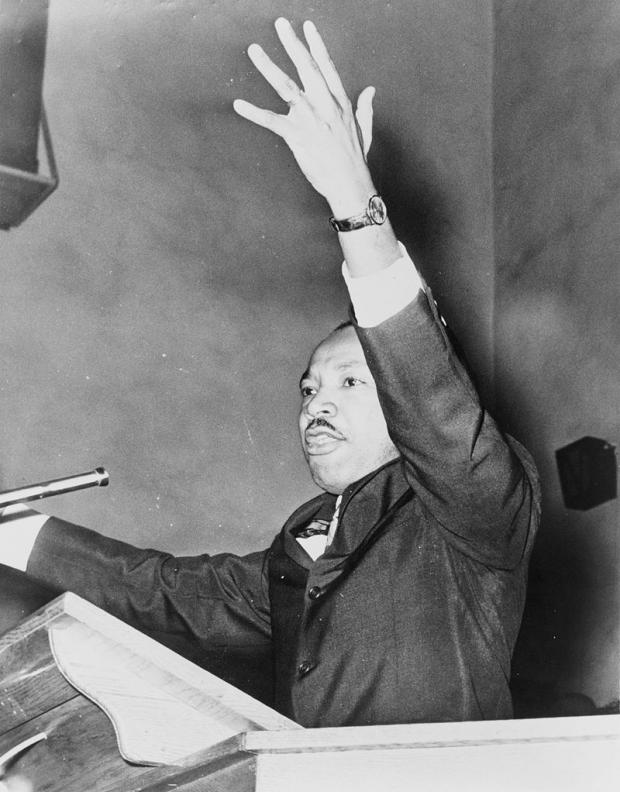Dr. King’s Plan for Peace Did Not Die on April 4, 1968
Primary tabs
Submitted by George Payne on Mon, 2017-04-17 13:08
Dr. King is the patron saint of the progressive wing of the American Democratic Party. Through his fiery and poetic sermons and speeches, the reverend of nonviolent revolution not only set a course for self determination among African-Americans, he spoke out against violence against victims everywhere, and he made social justice a cause for all humanity.
King spoke to prisoners in Cuba and dissidents in Palestine; he spoke to laborers in Detroit and migrants in Honduras. He spoke to fishermen in Haiti and young Marxists in Moscow. He spoke to Baptists in Alabama and Catholics in Boston. Long before $15 an hr became a popular campaign slogan, King was talking about living wages, women’s rights in the workforce, affordable housing and access to healthcare. And long before George W. Bush launched a “War on Terror,” Dr. King was mobilizing an army of peacemakers to descend on the nation’s capital. There, they would stop the war machine in its tracks, and hold the engineers of terror accountable for their global destruction.
To say that he was a man ahead of his time would be a mistake. Dr. King was a man of his time and for his time. His message resonated then as it does today because it is an universal message of human rights and racial equality. That is what distinguished King as a prophet. All attempts to claim him or co-opt him failed (and continue to fail) because he did not belong to political parties, colonial systems, or imperial power structures. As a prophet, he belonged only to his God. At the cost of his own life, he spoke only God’s Truth.
From calling out CIA coups in Latin America to the incredible stupidity of nuclear war, King was a liberator because he was a resister. Categorically, he resisted all forms of intolerance, irrational thought, and invitations to use violence. Consequently, King did not resist foreign and domestic tyrants; he resisted tyranny and oppression. King did not resist the occupiers and slave owners; he resisted the hegemonic thinking that justified colonialism and slavery. And King did not resist police officers and soldiers; he resisted militarism, racism, and poverty. These are the “triplets of evil” that bring about the need for armies and police departments in the first place.
In the end, what made King’s message not only powerful on a symbolic and spiritual level, but on a political and practical level as well, is that he truly believed in the triumphant sustainability of peace and nonviolence to change the world. He understood what rights were being oppressed, and he had a plan to gain them back. It was not a pan-African plan. It was not an anti-Apartheid plan. It was not even an anti-Capitalism plan. It was a peace and justice plan. It was God’s plan.
Thank God that this plan did not die with King on April 4, 1968. Today, thanks to his remarkable legacy, it is more relevant and available than ever before. As Dr. King said memorably:
"I refuse to accept the view that mankind is so tragically bound to the starless midnight of racism and war that the bright daybreak of peace and brotherhood can never become a reality… I believe that unarmed truth and unconditional love will have the final word."
George Cassidy Payne is a SUNY Adjunct Professor of Philosophy. He has been published in a variety of journals, newspapers, and online blogs including The Atlantic, USA Today, The Daily Caller, CounterPunch, CommonDreams, The Albany Times Union, The Buffalo News, Rochester Democratic and Chronicle, Rochester CITY Newspaper, and more. He can be reached at george@gandhiearthkeepers.org.










